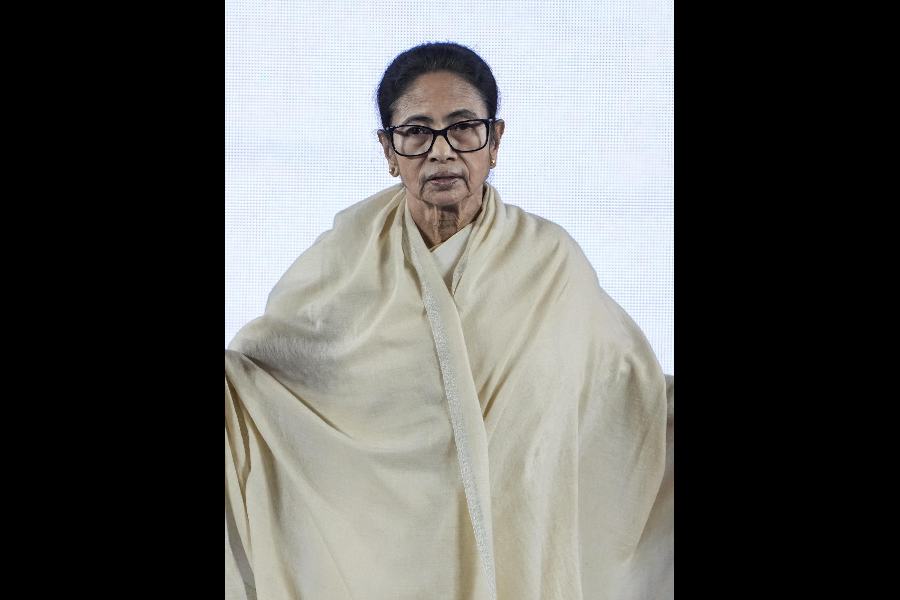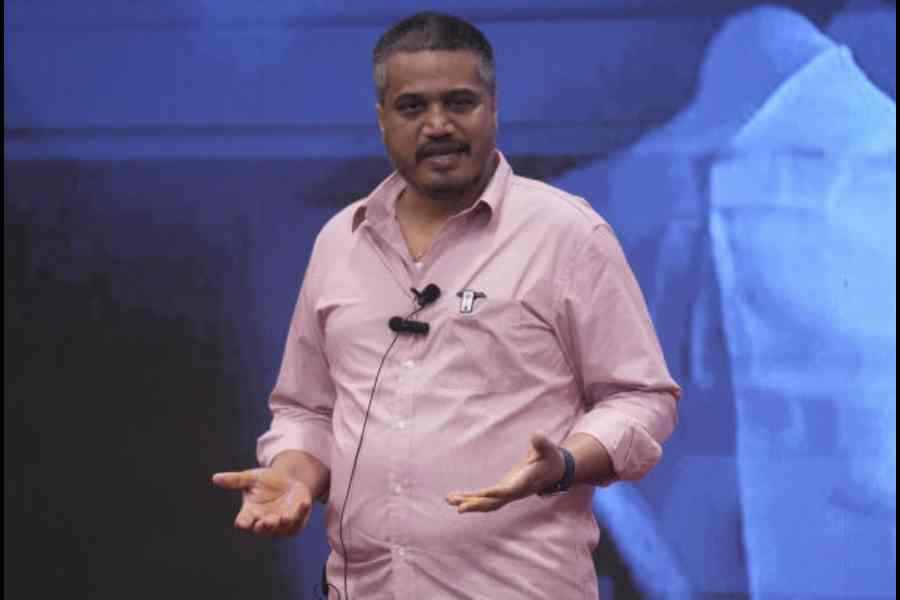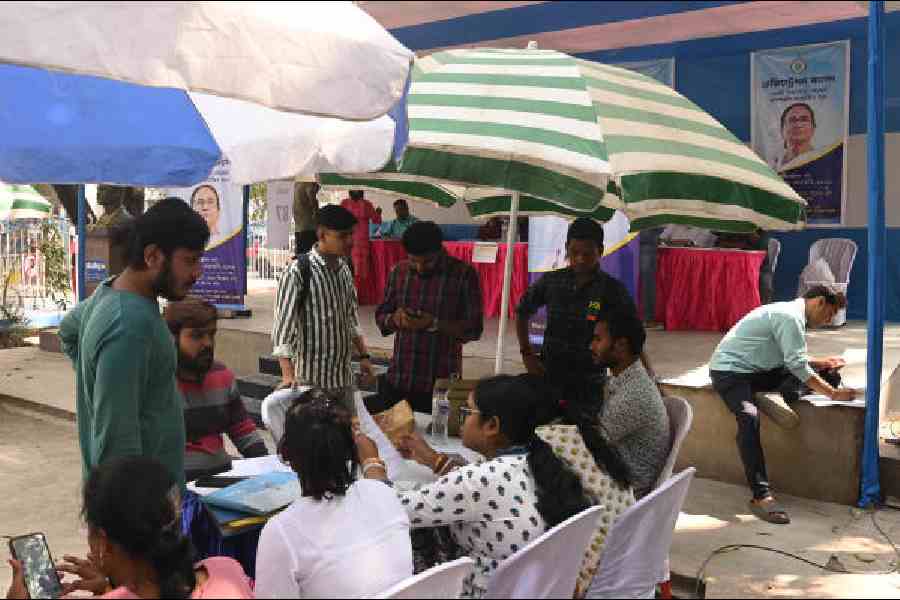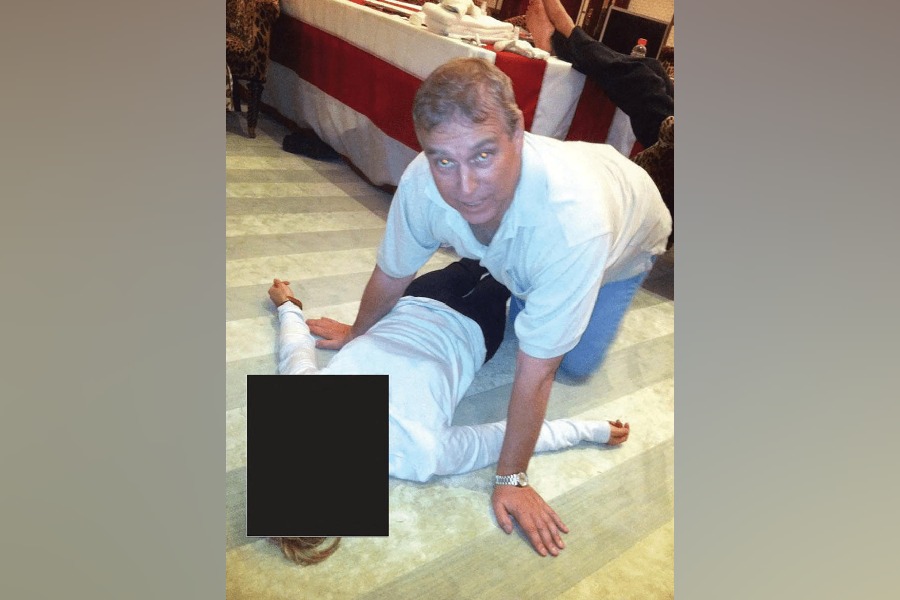 |
| Fanny Blankers-Koen during the 80m hurdles event in 1948 |
KEY FACTS
Dates: July 29 - August 14
Other candidate cities: Baltimore, Lausanne, Los Angeles, Minneapolis, Philadelphia
Participants: 4,104 (390 women)
Participating nations: 59
Disciplines: 17
Events: 136
Medals given out: 413
IOC president: Sigfrid Edstrom (Sweden)
Games officially opened by: George VI
Last relay bearer of the Olympic torch: John Mark (athletics)
Olympic flame lit by: John Mark (athletics)
Olympic oath read by: Commander Donald Finlay (athletics)
TV rights: 1000 guineas ($3000)
Accredited journalists: 1364
ANECDOTES
West-bound
Marie Provaznikova, head of the Czechoslovakian gymnastics team and gold medal-winner in the team event, made history by becoming the first athlete to profit from the Games and defect to the West.
The flying housewife
Dutch mother-of-three Fanny Blankers-Koen, 30, became a household name, and an icon for all sporting mothers, with an amazing haul of four gold medals.
Drama
Etienne Gailly of Belgium was first to enter the stadium in the marathon but was on the verge of exhaustion. Despite encouragement from the spectators, Gailly began to stagger and was overtaken by Argentina's Delfo Cabrera and Britain's Thomas Richards. He finally wobbled over the line in third place.
Legend
Czech runner Emil Zatopek began to construct his legendary career by winning the 10,000m by more than 50 seconds and finishing second in the 5,000. He won the 10,000m race in regulation distance despite the fact the judges rang the bell one lap early.
Embarrassment
Shortly before the start of one of the 100m backstroke qualifying rounds, a Pakistani swimmer removed his dressing gown and noticed that he had forgotten to put on his swimming costume. To hide his shame, and his nudity, he jumped into the pool - prompting the judges to disqualify him - a logical decision, given that the event was the backstroke.
Summary
After the Second World War the Games in London, like so many European cities affected by the conflict, could not avoid austerity. Over 4000 competitors from 59 countries descended on the capital between July 29 and August 14, but the war, which terminated three years previously, was still fresh in the minds of the people. As such, and at the request of several countries, Germany and Japan were absent. Italy willingly accepted the invitation. The Soviet Union remained true to its 1917-established policy of non-attendance.
Yet, in England, the decision to propose hosting the 14th Olympics was frowned upon by the Press and certain politicians, who argued that it should be a time of reconstruction.
For the first time women outstaged the men with Fanny Blankers-Koen winning four golds. France’s Micheline Ostermeyer, a concert pianist, also took gold in the discus and shot.
Czechoslovakian Emil Zatopek won the 10,000m and marathon, early victories which marked the start of a long and illustrious career. American Bob Mathias, 17, won a gold in the decathlon — a title he would retain four years later.










